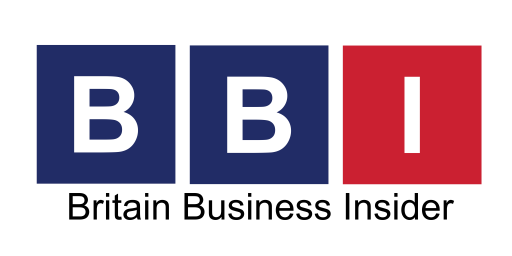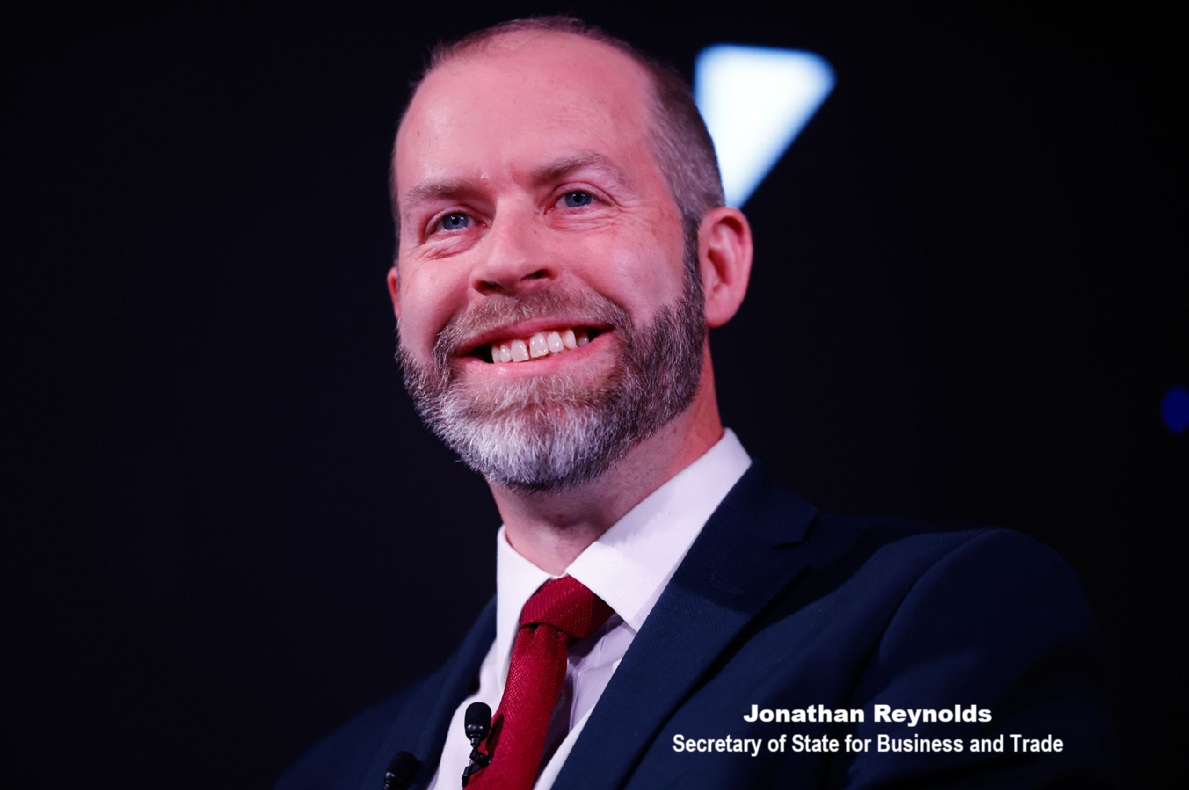The UK remains in the best position to overturn US trade tariffs, despite failing to secure an exemption thus far, Trade Secretary Jonathan Reynolds has insisted.
Reynolds told the media that the UK expects to be impacted by a fresh round of import taxes set to be announced on Wednesday by President Donald Trump. However, he emphasized that ongoing negotiations with the Trump administration place the UK in “the best possible position of any country” to have the tariffs reversed.
Economic Risks and Tariff Concerns
Economists warn that major tariffs could destabilize the UK economy and complicate the government’s ability to meet its self-imposed borrowing rules. Trump has previously suggested that some countries could receive exemptions from the tariffs—taxes that would increase the cost of importing goods into the US. However, over the weekend, he indicated that the tariffs would apply to all nations, not just those with significant trade imbalances.
Speaking aboard Air Force One, Trump stated he would “start with all countries.”
On Monday, the Prime Minister’s official spokesperson described ongoing UK-US trade discussions as “constructive” but did not rule out potential retaliation if tariffs are imposed on British goods.
Uncertain Timeline for Exemption
Reynolds declined to provide a timeline for securing an exemption but affirmed that the UK government is keeping “all options on the table.”
“I firmly believe that not only can we avoid tariffs on each other, but we can also strengthen our economic relationship,” he said. He noted that negotiations that typically take years have progressed significantly within days, adding, “I believe the framework of an agreement is already in place.”
Meanwhile, Conservative leader Kemi Badenoch cautioned against a “tit-for-tat” approach, arguing that raising tariffs on US goods would only increase costs for British consumers. Instead, she urged the government to prioritize securing a trade deal with the US “as soon as possible.”
Challenges in Trade Talks
Government sources indicate that negotiations with the US administration have made considerable progress, but they remain vulnerable to sudden shifts in Trump’s public stance. At times, the president’s statements on tariffs have contradicted positions previously understood by his negotiating team.
The proposed deal extends beyond tariff reductions to include cooperation on technology, trade in goods and services, and agriculture—historically a contentious area in US-UK trade discussions. A senior source commented, “We are very close to an agreement, but there is no clarity on when the president might sign it off or what his next move will be.”
Potential Tax Adjustments
Chancellor Rachel Reeves has suggested that the UK could modify its digital services tax on major tech firms as part of a deal to avoid US tariffs. Introduced in 2020, the tax imposes a 2% levy on digital giants such as Amazon, generating approximately £800 million annually.
The independent Office for Budget Responsibility (OBR) has warned that US tariffs could significantly impact economic growth, potentially eliminating Reeves’s financial buffer for government spending and borrowing. In a worst-case scenario, a trade war could shrink the UK economy by 1%.
Trump has already announced tariffs on steel, aluminum, and vehicles entering the US. Unlike some other nations, the UK has yet to outline a retaliatory tariff plan. However, as new tariffs loom, ministers face mounting pressure to protect UK businesses from the financial burden of Trump’s policies.
Industry Concerns
Several key UK industries are bracing for the impact of US tariffs.
The pharmaceutical sector, which exported £6.6 billion worth of medicines and related products to the US in 2024, has expressed deep concerns. Steve Bates, CEO of the BioIndustry Association, told the BBC, “Half of the world’s pharmaceutical market is in the US. For the UK, pharmaceutical exports are as significant as the automotive industry.”
Similarly, the Scotch whisky industry is preparing for potential tariff hikes, having been targeted by Trump during his first term. The US remains the largest market for Scotch whisky exports, which totaled £971 million last year.
Annabelle Thomas, CEO of Nc’nean Distillery in Scotland, warned that steep tariffs could force her company to reconsider its investments in the US market. “If tariffs are lower than expected, we may be able to absorb them temporarily,” she said. “But if they are high, as a small brand, we simply don’t have the resources to absorb them. That would mean either raising our US prices or reducing our investment there.”
As the UK navigates these trade tensions, the government faces critical decisions in safeguarding economic stability while pursuing a deal with the US.




